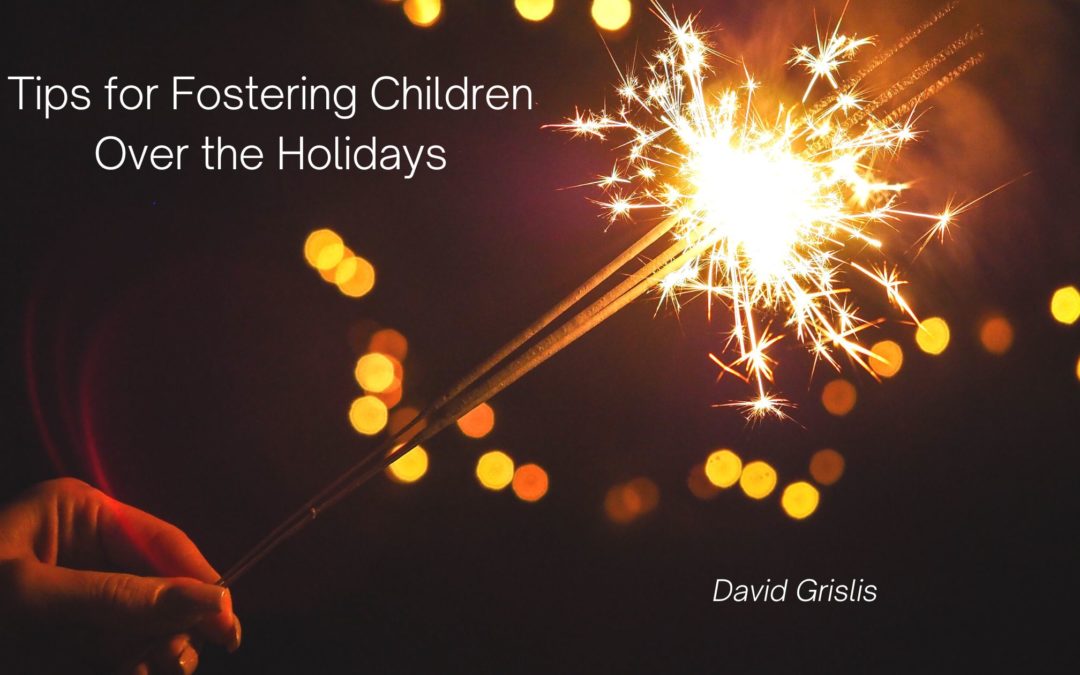The holiday season is almost here, and families are preparing for feasts, travel, entertainment, and gift-giving. However, the Christmas season is also a substantial source of stress for many. There are several schools of thought on why depression rises during the holiday season. Stereotypically, this is a time when everyone is supposed to be surrounded by loved ones, celebrating old traditions, and making new memories. When someone can’t be with their family, seeing other people’s happiness might make them even more depressed and alone. Children in foster care can have an incredibly stressful time. Here are some ideas on how to help.
As an adult caring for foster children, sensitivity is critical. Providing a secure environment where they may express and process their emotions is vital. Some foster children may have come from households where pleasant holidays were not the norm. Some have fond memories of time spent with their birth families and feel nostalgic and lonely. In any case, the holidays may be triggering, stressful, or frightening. While unknowns can be scary, knowledge can provide power and comfort. Discuss openly with your foster kid about how your family celebrates the holidays. Inform them of what is and is not expected of them throughout the season. If you have more than one foster kid residing with you, speak with them individually so they may ask questions. Give them time to process, return with more questions, and listen empathetically to their suggestions and needs. Allow your foster kid to select how actively or passively they wish to engage. Also, be prepared for the possibility that they may change their minds.
Foster families are typically aware that plans might alter suddenly, but your extended relatives and friends may need to be more adaptable. Remember to notify them if a new visitor joins the festivities, so they don’t have to scramble to add another dish to the dinner table. This will make your foster kid feel more at home and less like an imposition. While it may not always be practical, try allowing your foster children to meet your extended family in small doses prior to the holidays. A casual encounter might help decrease tension and anxiety before the big day. In addition, give your foster children a quick refresher on who they’ll meet and how they are related to you. You might also arrange an informal introduction through video or audio chat.
It’s natural for people to be inquisitive about a new family member, particularly if they’re meeting for the first time. However, it’s vital to realize that, although well-intended, probing too deeply may be upsetting for a foster child. Remind relatives and friends to ask broad inquiries about your foster child’s hobbies and interests, as well as who they are as a person, rather than specific queries about their background. And, since you can’t always control what other people say, it’s a good idea to assist your foster kid in preparing replies to more personal queries. Let them choose how they want to be introduced and how much information they want others to know about them. Make sure they know they have the choice about what to share.

